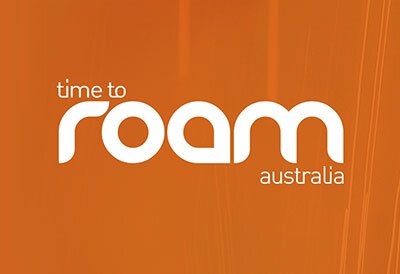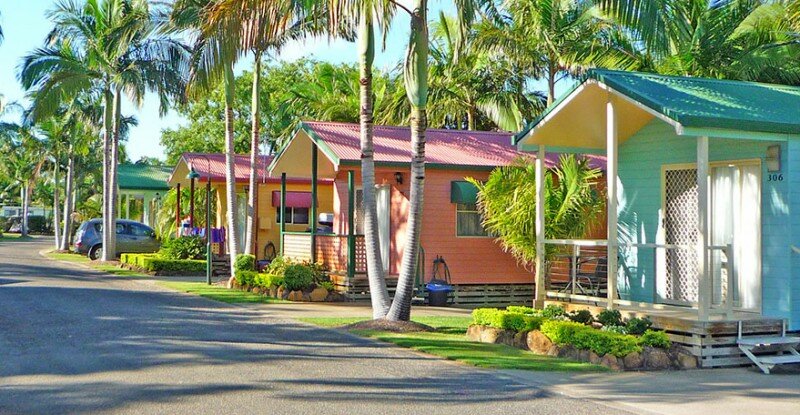The needs of caravan and campers have undergone a massive change in recent years, and the caravan industry is struggling to keep up.
Over the past ten years, the number of caravan parks across Australia has declined by almost 15 per cent. With increased operating and regulatory costs, and the housing unaffordability crisis, many of our much-loved holiday parks are closing down or changing use.
But despite the reduction of parks, local RV production continues to rise. Production figures for 2014 were the second highest in 20 years, with year to date figures for 2015 showing the industry is on track to exceed last year’s results.
Which leads us to wonder: if RVs are increasing faster than parks can handle, where are these new RVs supposed to stay?
In the past caravan parks were essential, but as modern vehicles become more self-sufficient, the need for parks is drying up.
Seeking an alternative, many travellers have taken to free camping instead – often illegally. While this saves them money, it doesn’t solve the underlying problem. The real issue is that the current caravan parks model is out of date.
Though it’s served our needs well enough for the last fifty years, it’s now out of touch with modern travellers and needs to be brought into the 21st century.
The West Australian Government are being the most proactive, with a discussion paper outlining proposed changes to the state’s caravan and camping act currently out for public consultation.
Freeing up spaces for travellers is a key part of the proposal, but not everyone is on board with the recommendations.
One of the more controversial inclusions in the act is a three-day limit for camping on private property, however Department Principal Legislation Officer Sheryl Siekierka says the legislation for this has actually been in place since 1995.
Simon Glossop, CEO of the Caravan Industry Association WA, has compared recent public outcry to the three-day limit to someone drinking a can of Coca Cola, realising how much sugar is in it, and then becoming outraged by the revelation.
“Its part of the existing act,” he says. “People think it’s new, but it’s been around for ages. Councils are already enforcing this to some degree; it’s not a new thing.”
Mr Glossop says the consultation process to the first discussion paper occurred around Christmas and January school holidays, so many travellers and industry members weren’t fully aware of what the government was proposing.
“One of the key issues with this new document is that local government will be able to choose what legislation and regulations their parks adhere to. That means you could have two caravan parks located 100m from each other providing completely different facilities, all because the councils have interpreted the act differently.”
He says although none of his organisations suggestions made it into the second draft, it was important for the general public to make their voices heard.
“The review is being managed by a government committee, we need to ensure that the people implementing this have the consumer in mind, he says. “As an industry, we just keep saying that you need to make sure there is a level playing field for all operators.”
“We want to protect the consumer. If a consumer is booking a site, they need to know they’re being protected under the standards.”
The changes in Western Australia could signal a turning point for Australia’s wider caravan and camping industry, however the result won’t be known for several months. The important thing is that someone has got the ball rolling.
Public submissions to the WA proposal close on November 30. Have your stay dlg.wa.gov.au






